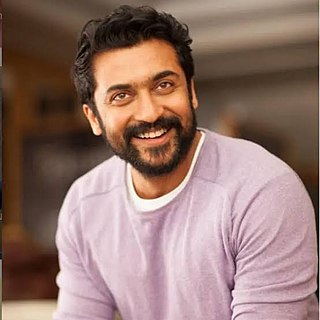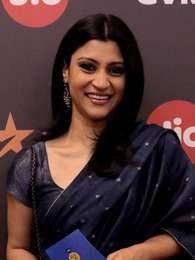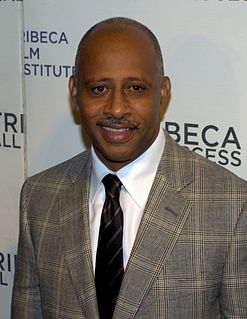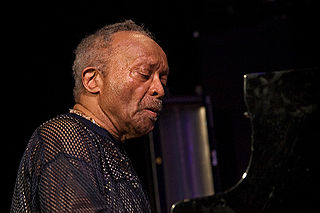A Quote by Suriya
When you act, you want to emote and think in that language. I don't enjoy the process of doing a film in a language I am not good with.
Related Quotes
Language designers want to design the perfect language. They want to be able to say, 'My language is perfect. It can do everything.' But it's just plain impossible to design a perfect language, because there are two ways to look at a language. One way is by looking at what can be done with that language. The other is by looking at how we feel using that language-how we feel while programming.
One way to think about what psychedelics are is as catalysts for language development. They literally force the evolution of language. You cannot evolve faster than your language because the language defines the culture of meaning. So if there's a way to accelerate the evolution of language then this is real consciousness expansion and it's a permanent thing. The great legacies of the 60's are in attitudes and language. It boils down to doing your own thing, feeling the vibe, ego-trip, blowing your mind.
We believe we can also show that words do not have exactly the same psychic "weight" depending on whether they belong to the language of reverie or to the language of daylight life-to rested language or language under surveillance-to the language of natural poetry or to the language hammered out by authoritarian prosodies.
I'm an infant with Shakespeare; I'm kind of learning how to walk. I am trying to decipher the code, you know? I do my research. And I get a clear understanding of what the language is. It is a tremendous process I have to go through as I am sure all actors do, finding the gems hidden in his language.




































